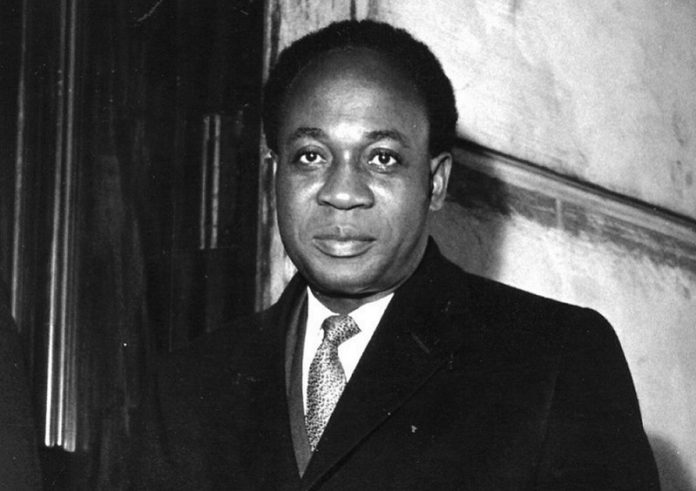I discovered, quite recently, that some of my friends and colleagues were not aware that September 21, which is marked as the day of Nkrumah’s birth, is actually not his birthday.
The man himself did not believe in this day as the day he appeared on earth, neither did he think the year 1909 which is widely captured as the year of his birth was accurate.
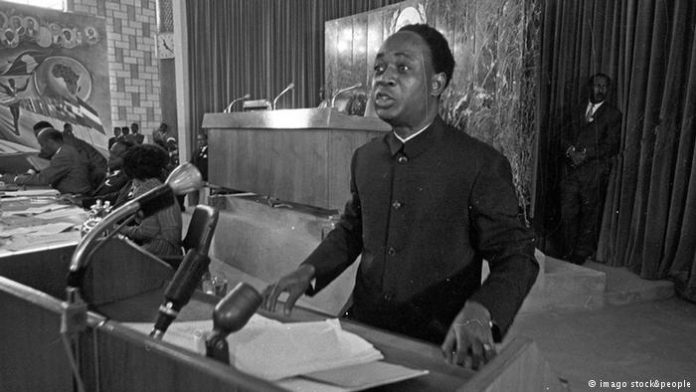
In fact, he opens his seminal, “Ghana: The Autobiography of Kwame Nkrumah” by stating:
“The only certain facts about my birth appear to be that I was born in the village of Nkroful in Nzima on a Saturday in mid-September.”
He continues to point out that at the time of writing the book, his mother had informed him that there had been at least forty-five celebrations of the Kundum festival by his tribesmen.
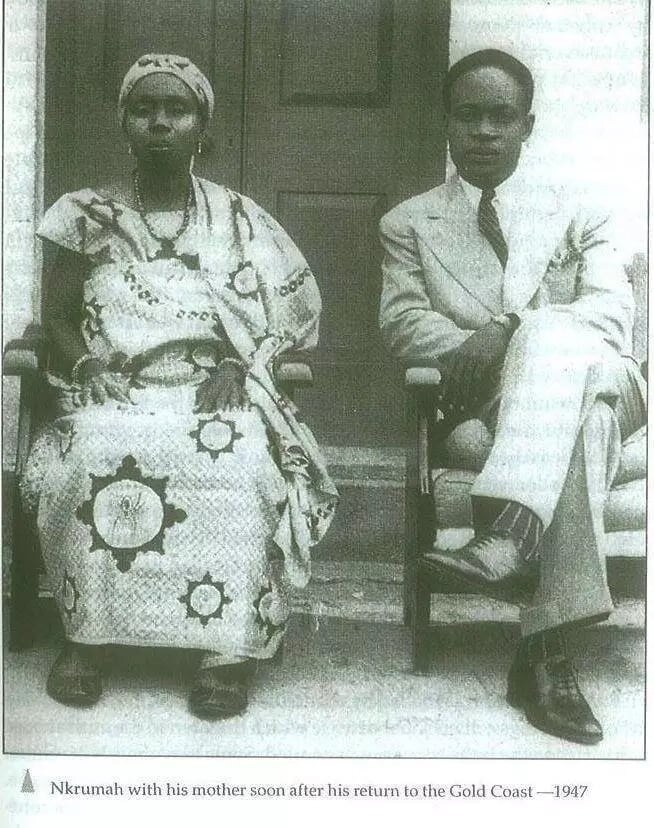
“According to my mother’s calculation, forty-five ‘Kundums’ had taken place since I was born, which makes my year of birth 1912.”
Why September 21 then?
September 21, 1909 was actually a Tuesday and not Saturday as Nkrumah himself knew. This date was recorded for him by the priest who baptised him into the Roman Catholic Church.
“Although this was a mere guess work on his [priest’s] part, I have always used this date on official documents, not so much because I believed in its accuracy, but in so far as officialdom was concerned, it was the line of least resistance,” Nkrumah explained in his book.
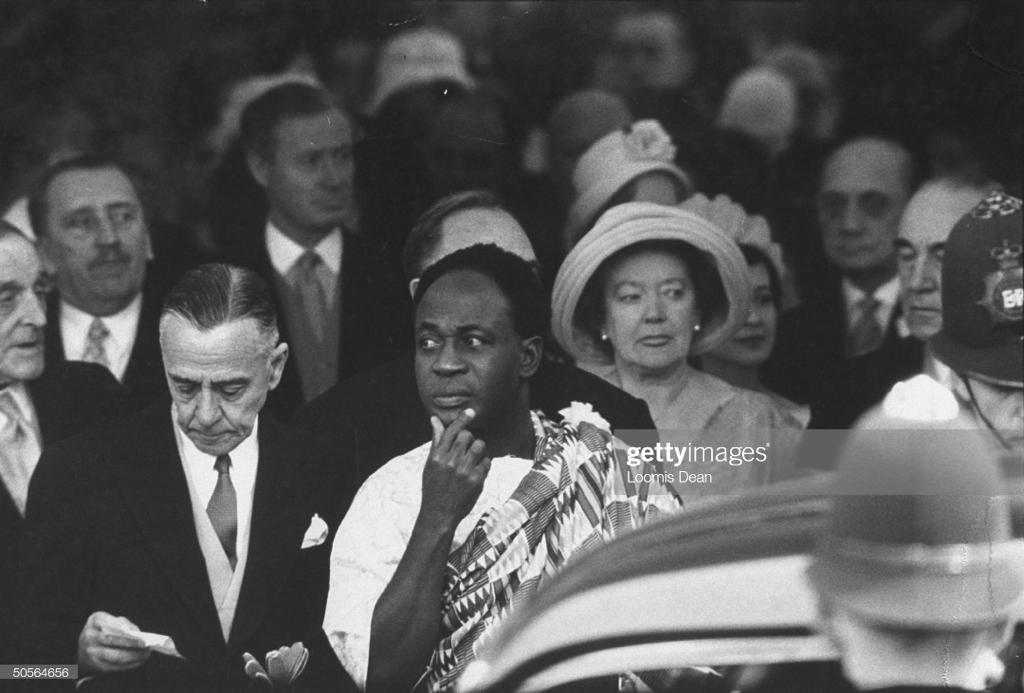
Osagyefo, at stage in his life, spent a holiday in his hometown where he spent time roaming his childhood “haunts and to recapture the past” as he puts it. This brought him closer to a cargo boat “The Bakana” which had been recorded as being wrecked in 1913. His mother, Osagyefo recalls had told him this event happened when he was a small boy, brought from Nkruful to live with his father.
“Assuming, therefore that the year of my birth was 1909, the Saturday nearest to the middle of September in that year was the 18th. It seems likely, therefore, that I was born on Saturday, 18th September, 1909,” he stated.
Other interesting facts about Nkrumah
Desire to become a Jesuit Father
Osagyefo at some point in his life considered becoming a Jesuit Father. Jesuit Fathers belong to a missionary order of priests and brothers. Nkrumah’s Private Secretary Erica Powell in her book “Private Secretary” records Nkrumah as saying:
“I also thought seriously about becoming a Jesuit Father. I was baptized a Roman Catholic, you know, and I taught for a time in the seminary. But I had second thoughts.”
His views on homosexuals
Ms Powell recounts an incident involving an African Policeman who had reported that an European District officer had made improper advances towards him. The man involved was arrested, prosecuted, and convicted with a prison term imposed.
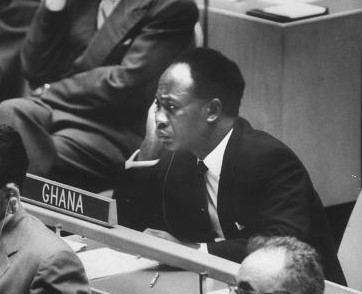
She records Ghana’s first President as saying:
“But this man is not a criminal, a man who does such things like that is mentally sick. To punish a man for doing something he cannot help is inhumane. What he needs is a psychiatrist, not a prison warder. Prison won’t cure him. It will make him far worse.”
How he saw his head
Nkrumah’s receding hairline and forehead may have certainly caught your attention at one point or another when you chanced on an image of him.

Ms Powel writes of a day he wanted to go to town with the then Prime Minister who was worried he will be noticed.
It was election day and Mr. Nkrumah wished he was an ordinary man who could just step out to monitor events.
“But how can I disguise myself? As for this head of mine, that’s what gives me away – this big fat forehead,” Osagyefo is reported as saying.
Not much into food
Dr Nkrumah is said not to have enjoyed eating much. Ms. Powell reports him as saying, “As for me, I don’t care about food at all, I work much better on an empty stomach. Food makes me feel lousy”
How he thought one could remain young
“What do I care about my age, it is all in the mind anyhow. Those who search for eternal youth, age, because they search for it. The surest way to bring on old age is to worry, to mourn, to be tensed up, miserable, mean-minded, to brood over your mistakes and losses and to abuse your body by excessive eating, drinking and sex.”
As the nation celebrates this great African, it’s worthwhile to reproduce another timeless string of words put together by Osagyefo.
“Let us not merely rejoice because our dearest hope has been fulfilled. Let us think first and foremost of the best interests of our country. Let us put aside petty political controversy and intrigues and lay a firm and stable foundation for the political structure of Ghana. May your thoughts, your deeds and your prayers strengthen and sustain the statesmanship of the nation”

